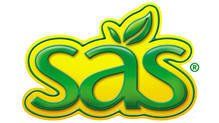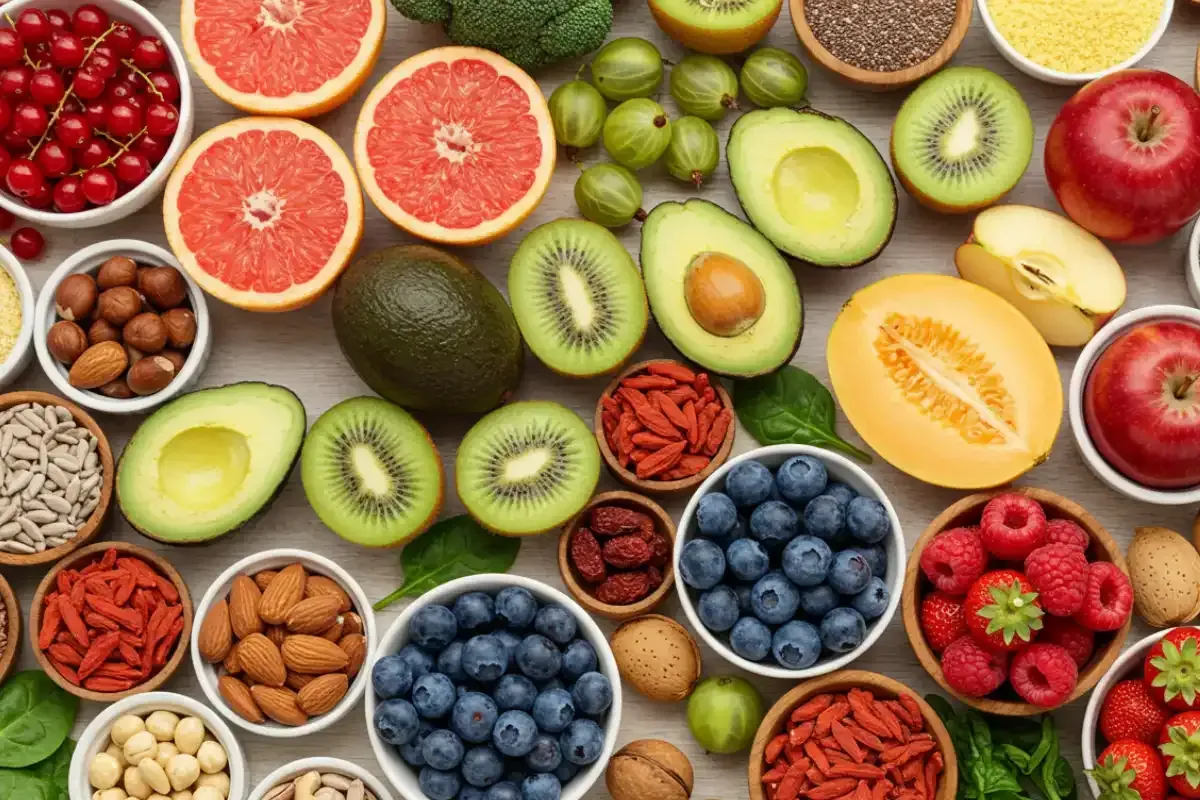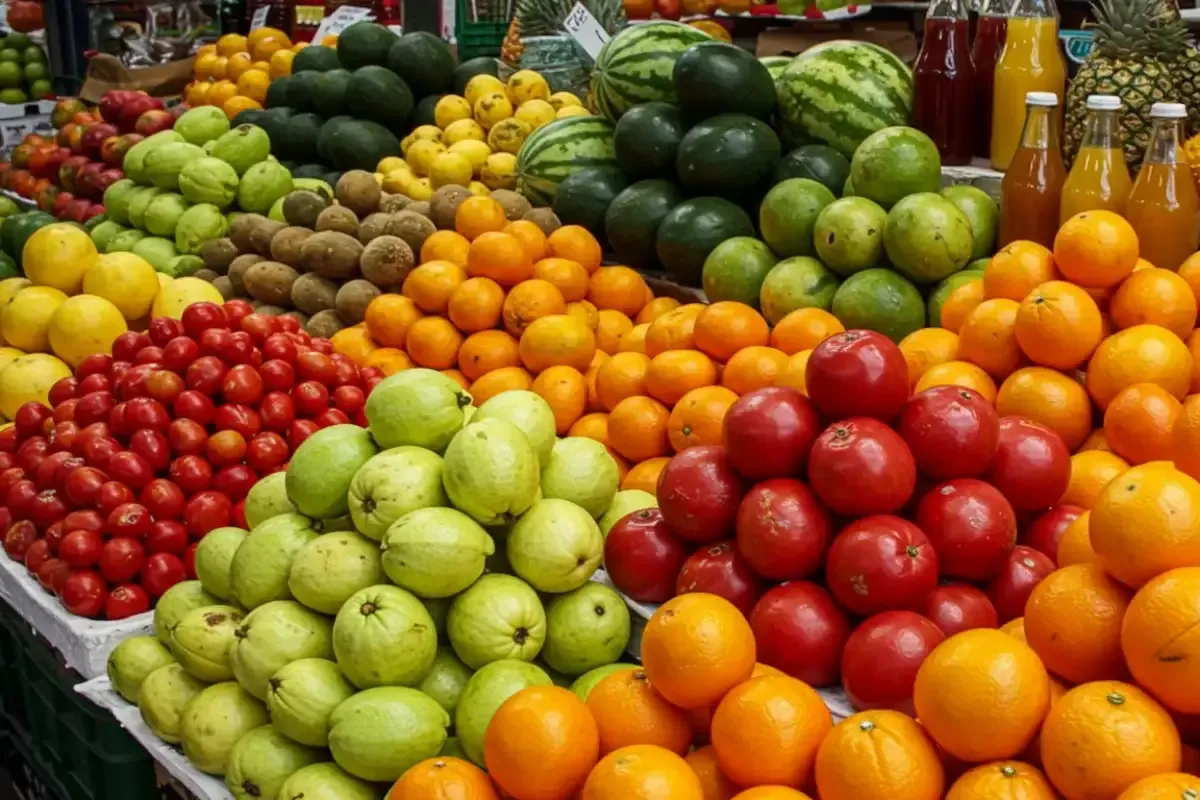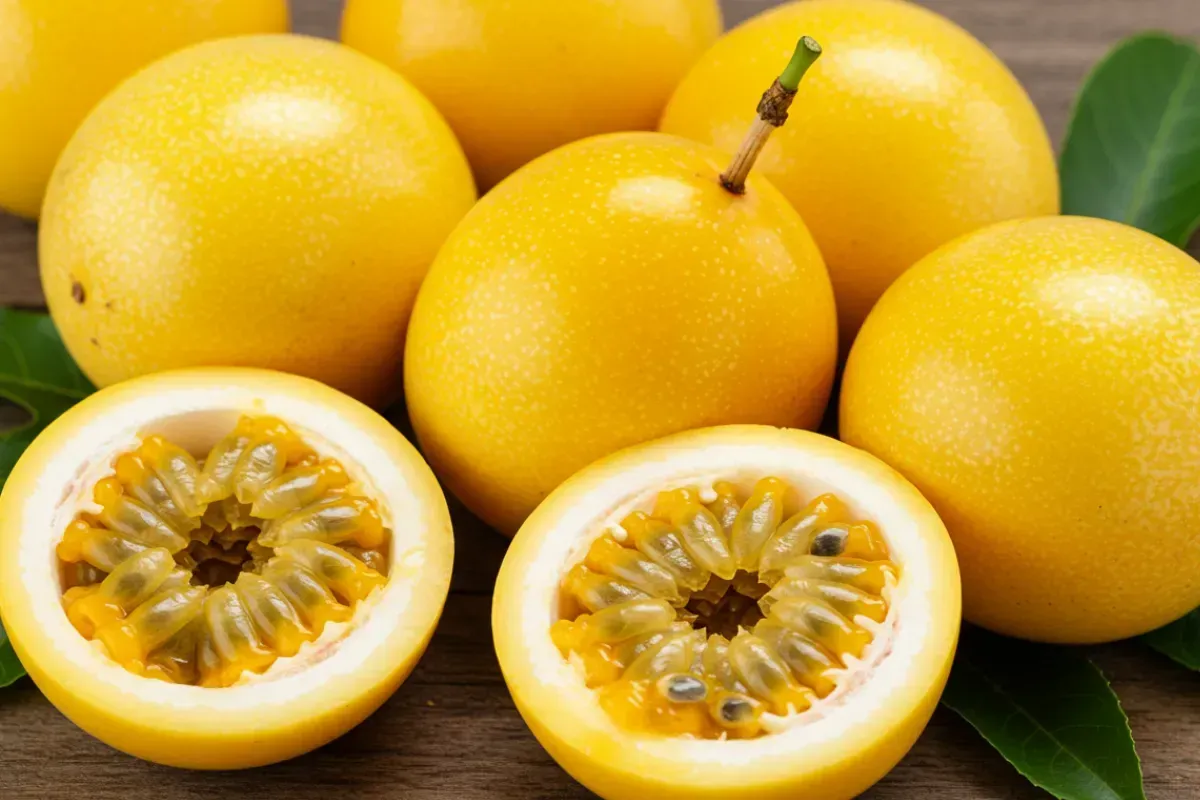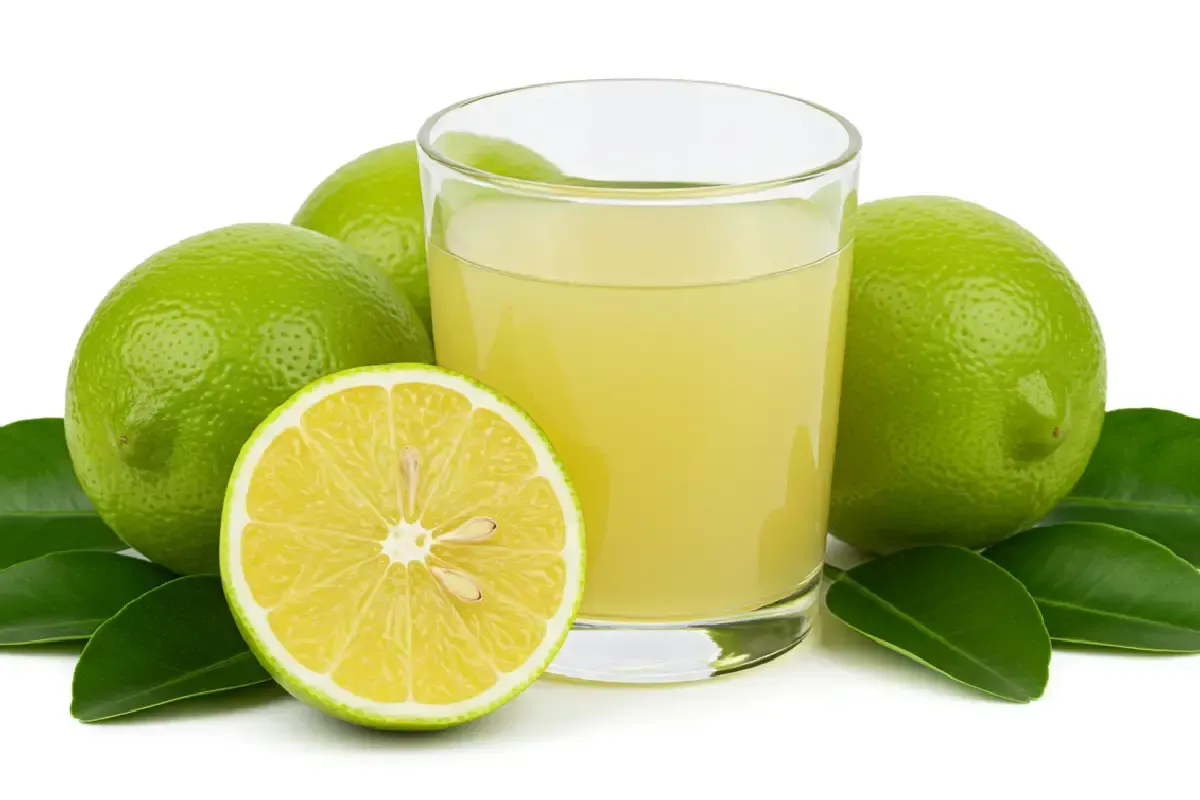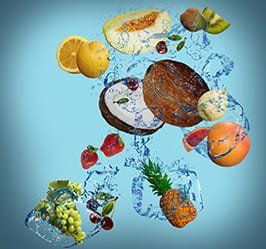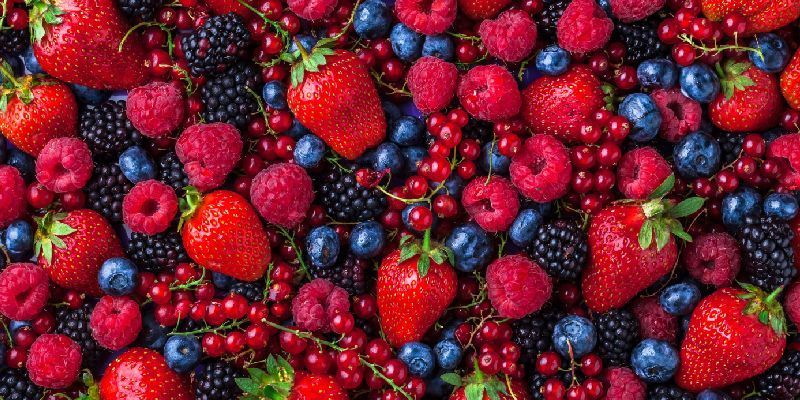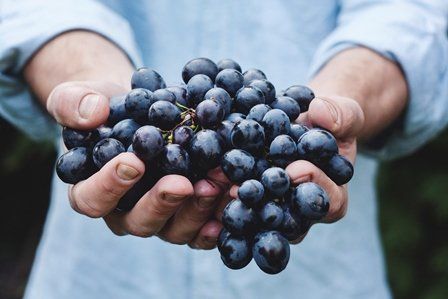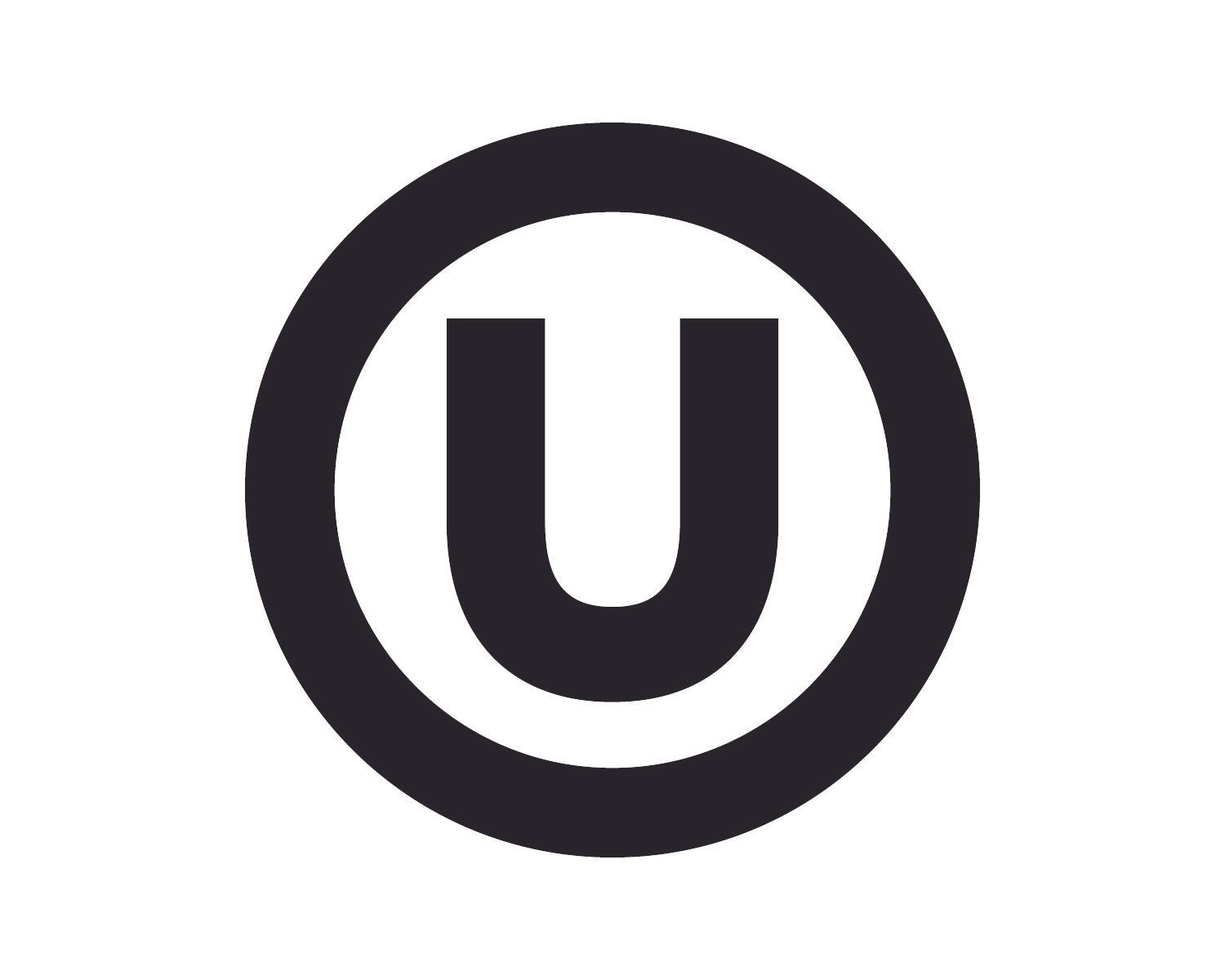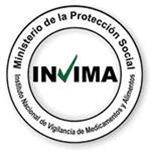Food certifications: ensuring quality in industry processes
Alimentos SAS • Nov 10, 2021
Product quality is important in every industry. However, it becomes critical in the food industry, as it relates directly to the safety of the goods we eat. Food certifications help consumers know products are safe. They assure people that products have been produced using standards that safeguard their specific interests. Keep reading to learn more about them and find out which are the most common and recognizable today.
What food certifications are and what they evaluate
Simply put, food certifications are third-party verifications of specific standards in the production of food (Global Food Safety Resource, n.d.). Safety is their primary concern, but they can also certify other quality standards. This is the case for religion-related, health-driven, or sustainability canons (BTSA, n.d.).
These certifications oversee safety and quality in products, processes, or systems throughout the production chain. They use tests, inspections, and audits to do so (Global Food Safety Resource, n.d.). This is how they verify the fulfillment of set standards in multiple aspects of a business, like direct materials, processing, distribution, demand planning, and even material management.
There are two main categories of food certificates (Global Food Safety Resource, n.d.):
- Product certifications. They attest that food goods comply with standard definitions of safety, fitness for use, and/or interchangeability characteristics.
- Organizational certifications. These demonstrate that systems and processes involved in food production or food services conform to relevant management system standards.
Additionally, there are also specific certifications when dealing with certain segments of the food production chain. For instance, the safe production and storage of fresh produce, or the packaging materials that come in contact with food products (Global Food Safety Resource, n.d.).
Benefits of food certifications
Certifications of food help convey to consumers, stakeholders, and the overall market that a business meets the requirements of a recognized best practice approach. This contributes to more solid competitive advantages in the market (Global Food Safety Resource, n.d.).
Moreover, they can lead to other benefits, including (Global Food Safety Resource, n.d.):
- Consistency in producing safe, suitable food products.
- Due diligence regarding legal responsibilities around food safety.
- Liability management, as food businesses with no food certifications in place, have a harder time getting insurance.
- Cost savings from reducing risks that could lead to costly processes like food recalls, for example.
Most recognized food certificates
There are many food certifications in place today. Consumers know if a product complies with certain standards from the seals on its packaging (Garone, 2021). Here are some of the leading certifications available now (BTSA, n.d. Global Food Safety Resource, n.d. WebstaurantStore, n.d.).
Comprehensive food certifications
These are the most general in terms of scope. ISO 9001 is an internationally recognized quality management system standard focusing on processes and customer satisfaction in businesses in any industry. Zooming in on the food industry, ISO 22000 is a global standard for food safety management systems along the entire supply chain.
Certifications for distributors
Food distribution has specific hurdles to manage. Top customer protection standards in these businesses include IFS (International Featured Standards) Food and the BRC Global Standard for Food Safety.
Health-related certifications
Some verifications concentrate on making sure food products meet certain health-driven standards:
- Gluten-free labels ensure a product does not carry a defined amount (minimal, in most cases) of parts per million (ppm) of gluten.
- Organic food labels establish that a product does not have, nor is it produced with, chemicals, synthetics, additives, pesticides, or genetically engineered substances. Depending on each jurisdiction, a product must contain a specific percentage of organic ingredients to become certified.
- Non-GMO labels declare a product is not or does not contain genetically modified organisms.
- Non-MSG labels refer to products with no monosodium glutamate – an amino acid used to enhance flavor.
Religious certifications
Some religions have guidelines for their communities regarding food. The most well-known ones are Islam’s halal and Judaism’s kosher. They dictate products cannot be made from certain animals or made under certain conditions. Furthermore, they set rules for food production and handling.
Good practices certifications
The most known certifications of this kind are fair trade labels. They indicate a portion of the product’s purchase goes to support farmers and cooperatives in developing countries. In turn, they support their communities through job creation or social development projects, for example.
As shown,
food certifications help ensure products meet important quality and safety standards. In doing so, they help businesses establish themselves as trustworthy while also making room for
innovation in food production.
